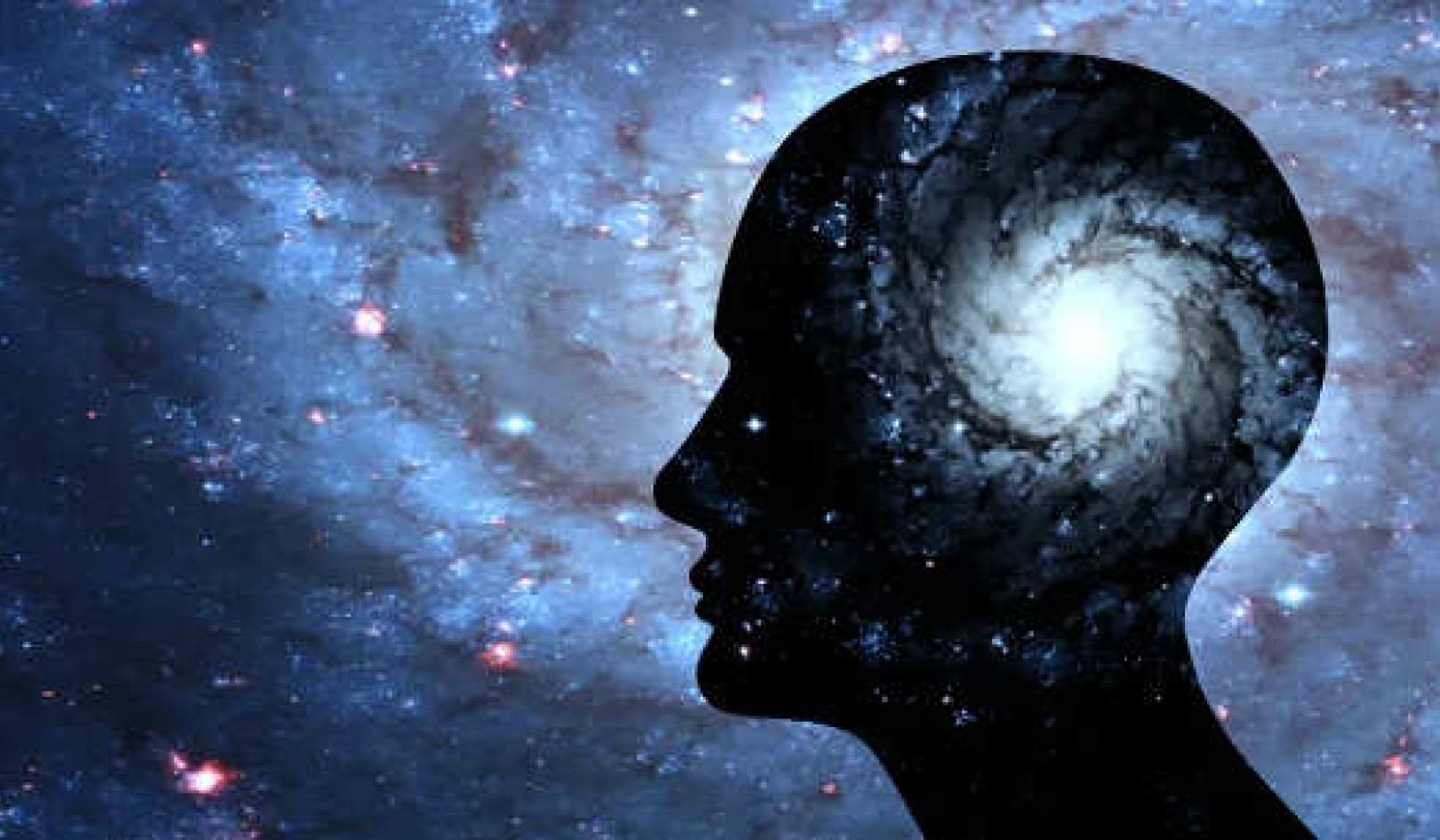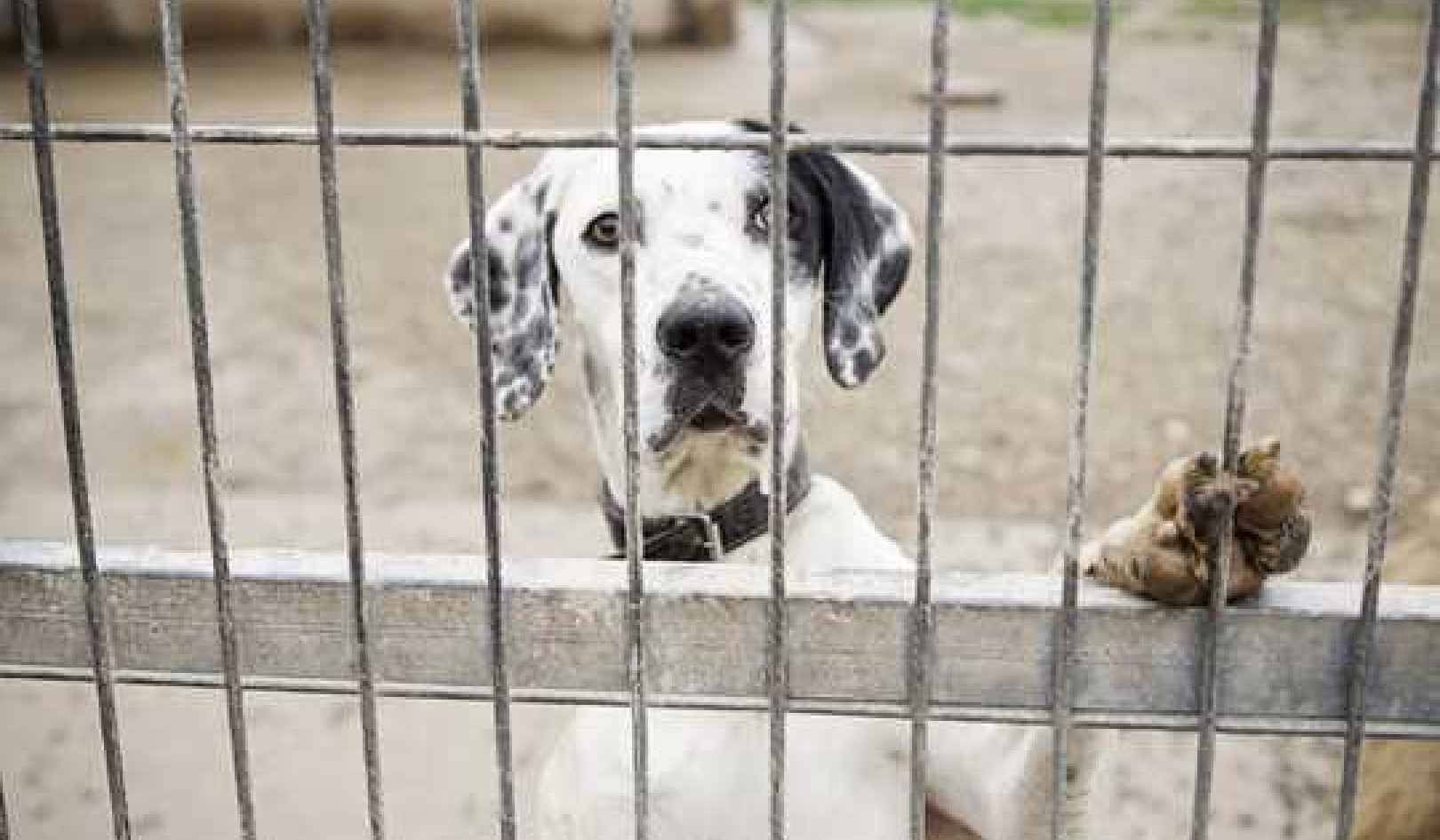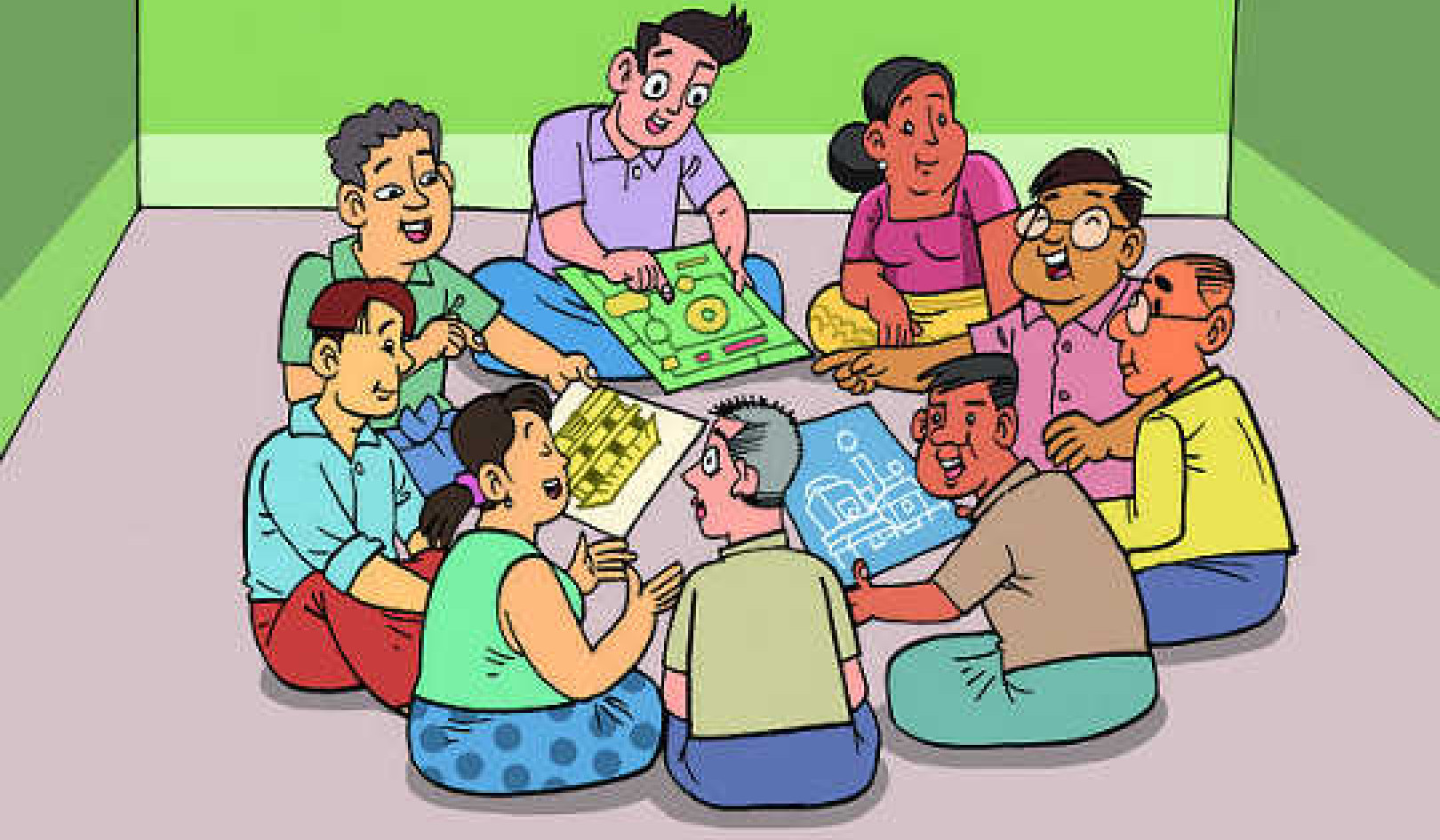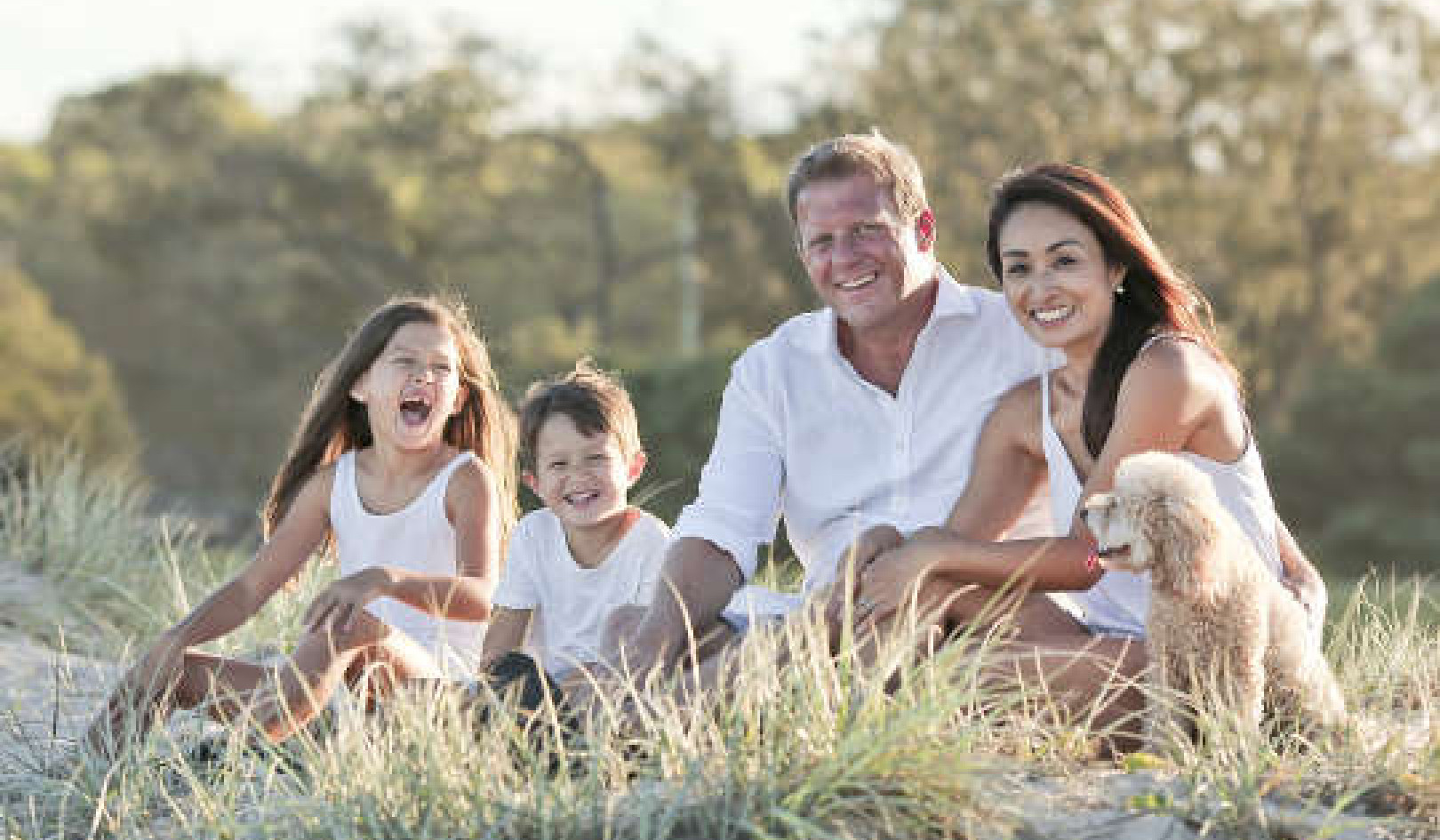
Cynicism is the ability to create a better world – stuck in reverse.
I’ve come to believe that one of the biggest traps in life, at least for those of us who are thinking types, is cynicism.
Cynicism is not the same as questioning, doubting or being skeptical. If we are just skeptical we have an open mind, but just need more proof. If we are cynical we have already made up our mind about human nature and what motivates people and have decided that most people’s motives are bad or selfish.
A cynical attitude is not a recipe for a happy life and for creating healthy relationships. Once we start to get cynical we tend to find it easier to find more things to be cynical about. The cynical mind holds itself in readiness, and well prepared, for the next unhappy event, which it fully expects to come round the corner at any moment.
Cynicism Provides False Sense of Security
Cynicism masks its true nature by offering us a false sense of security. It looks like it is protecting us from harm by preventing us from making mistakes. It tells us, “Think the worst of people and they can’t take advantage of you.” What it does not tell us is that the more we think the worst of people, the more we become an unpleasant person to be around. The more good-natured the other person, the less they will want to be around us when we are cynical. We are then more likely to attract other cynics instead. We become a magnet for crooks, scammers and dodgy sales people who will pick up on our negative attitude and try to use our fears to manipulate us.
Rather than protecting us from mistakes, cynicism is one of the ultimate mistakes. If we allow an experience to make us cynical it stops us from getting the wisdom and skill we could have got from the experience. And when we stop learning, we stop growing.
What Causes Us To Become Cynical?
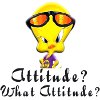 What can cause us to become cynical? It could be being let down, people not understanding what we are trying to achieve, or just being disappointed and bitter about life. We try to protect ourselves from further harm by being on our guard. It could be that we are an idealistic person and have had our ideals shattered by people not living up to what we hoped. We become cynical to protect ourselves from disappointment, or from being misjudged.
What can cause us to become cynical? It could be being let down, people not understanding what we are trying to achieve, or just being disappointed and bitter about life. We try to protect ourselves from further harm by being on our guard. It could be that we are an idealistic person and have had our ideals shattered by people not living up to what we hoped. We become cynical to protect ourselves from disappointment, or from being misjudged.
Yet if we are bitter, then this shows that we feel wounded somewhere. This is a sign that forgiveness and reconciliation need to happen. We especially need to become reconciled with ourselves.
Cynicism is a sign of a split between our idealism and our practicality. We have ideals, but we are judging them and dismissing them. In reducing others motives to the lowest level, and considering their actions as unworthy, we reduce our own motives to the lowest level too.
If we dismiss our highest motives with, “You just can’t trust people,” “No one else will join in,” “They will just think I’m an idiot,” before we even try, then we are choosing to live in fear. It is fear; fear of being misunderstood, fear of being judged, fear of being taken advantage of, fear of looking foolish, which is really behind cynicism. It is only when we express the part of us which wants to leave the world a better place that we find our true place in the world. We can get away with holding back that part of ourselves for a while, but sooner or later we will pay a high price for so doing. If life feels bitter and empty it is because we have become bitter and empty, by refusing the goodness within us a way to be in the world.
Idealism: Looking For What Good Can Be Achieved
If we are maintaining a cynical attitude we are simply acting out old pains and justifying them rather than healing them. We turn our idealism into a weapon and instead of looking to what good can be achieved, we look to what doubtful motives we can assume on the part of those who are trying to achieve it. If we are wary of trusting, that is fine. In some situations that may well be wise.
However, mentally or verbally disparaging someone and deciding in advance that they are bad or that their motives are bad is a form of attack. If we have wide-scale cynicism this is a form of attack on all of humanity, which obviously includes ourselves, so we end up being cynical about ourselves too.
If we believe that nobody has much good in them, then we either have to decide that we do not have much good in us either, or we have to decide that we are different and separate from the rest of the human race. Either attitude creates a barrier between us and the rest of humanity and this is what makes cynicism so poisonous.
Breaking Out of Patterns of Cynicism
To break out of patterns of cynicism we need to look at the underlying causes within ourselves. By forgiving those we feel hurt by and becoming reconciled between our need to create good and the fear which blocks us from going ahead, we can then switch our focus from cynical thoughts and responses to life-enhancing ones.
We can learn to trust that there is a basic goodness in people; yet, still make wise provisions for dealing with those who might not live up to it. We can like people, yet still insist on having clear contracts with anyone we do business with. We can trust our life partner; yet still want clear agreements that underpin that trust. We may sometimes be let down, but we learn, make adjustments and move on without getting bitter about it.
Letting go of cynical attitudes and beliefs gives us a chance to see the goodness in others and the goodness in life. It also gives others a chance to see the goodness in us and to help us express it.
*Subtitles by InnerSelf
©2013 by William Fergus Martin. All Rights Reserved.
Reprinted with permission of the publisher,
Findhorn Press. www.findhornpress.com.
Article Source
Forgiveness is Power: A User's Guide to Why and How to Forgive
by William Fergus Martin.
 In this manual on how to forgive, there are insights and exercises without a preachy message or assumption that people “should” forgive. With chapters that explain what forgiveness is and how to deal with obstacles to it, it also addresses reconciliation with others and one’s own self. Practical and accessible, the book does not require religious practice or philosophy; it simply shows how to forgive in order to enhance self-esteem, be happier, and break free from limitations that can hold a person back.
In this manual on how to forgive, there are insights and exercises without a preachy message or assumption that people “should” forgive. With chapters that explain what forgiveness is and how to deal with obstacles to it, it also addresses reconciliation with others and one’s own self. Practical and accessible, the book does not require religious practice or philosophy; it simply shows how to forgive in order to enhance self-esteem, be happier, and break free from limitations that can hold a person back.
Click here for more Info and/or to Order this book.
About the Author
 William Martin, with over 30 years involvement with the Findhorn community, has had many roles within the community including working in the famous gardens, Managing the Computer Department and at one point having the grandly titled role Chairman of the Executive Committee. He also worked within the computer field as a Freelance IT Contractor to BT, and Apple Computer UK. Additionally, he developed and delivered courses which combined Computer Training with Personal Development where trainees gained self esteem while they gained computer skills.
William Martin, with over 30 years involvement with the Findhorn community, has had many roles within the community including working in the famous gardens, Managing the Computer Department and at one point having the grandly titled role Chairman of the Executive Committee. He also worked within the computer field as a Freelance IT Contractor to BT, and Apple Computer UK. Additionally, he developed and delivered courses which combined Computer Training with Personal Development where trainees gained self esteem while they gained computer skills.
























